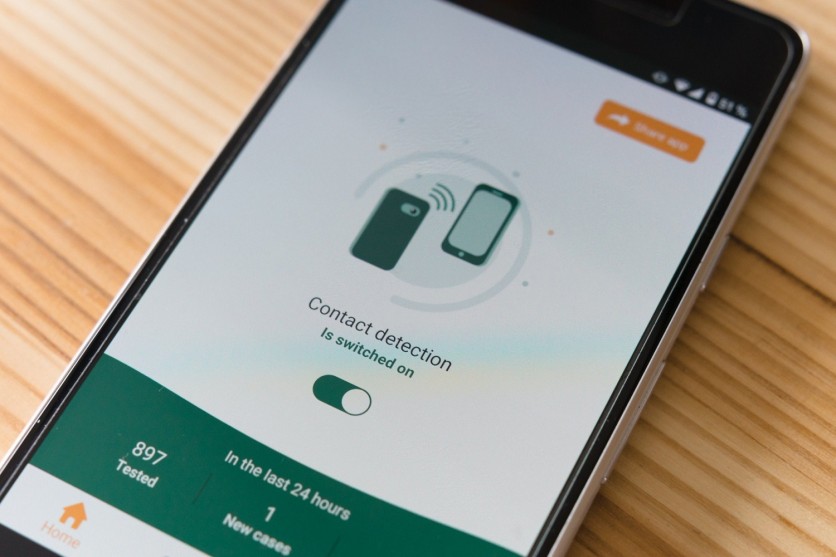Contact tracing has become one of the most powerful ways to continuously break the chain of infection that is transmitting a deadly virus like Covid-19. However, numerous studies of asymptomatic carriers being 'superspreaders' suggest we know very little about coronavirus infection rate. New research shows fast testing and quick reporting of results is required to make contact tracing as successful as possible.

Testing that takes five days or more would be useless
According to researchers at the University of Utrecht in the Netherlands, contact testing which takes five days or longer is of little benefit.
Researchers, whose study was published in the public health journal Lancet, said contact tracing is considered the gold standard for combating an infectious disease outbreak.
Still, experts say contact tracing involves identifying individuals who may be infected, isolating those who are infected, monitoring those who may have been affected, and checking and isolating or quarantining them.
Three factors need to happen for such efforts to potentially reduce the spread of the virus, the researchers said. First, monitoring must take place on the day symptoms arise. Second, contacts must be monitored when the results of the day check return. And third, coverage for tracing needs to be 100 percent.
With a test delay of more than three days, even perfect touch tracing could not prevent the virus spread from accelerating. The researchers looked at both traditional and app-based methods of contact tracing. Due to their speed, app-based tracing techniques have been more successful than conventional methods, even with less contact coverage.
Contact tracing would be useful if the turnaround time is fast
Researchers say the study reinforces findings from other modeling studies, showing that contact tracing can be an effective intervention to prevent the spread of the SARS-CoV-2 virus. However, they underscored that the tracing would be effective only if the proportion of contacts traced is high, and the process is fast.
"Our study builds on this to show, in detail, what role each step in the process plays in making this approach successful," said Mirjam Kretzschmar, one of the lead authors of the study.
Experts not involved in the study agreed that fast testing is key to the success of contact tracing. Dr. David Bonsall, a senior scientist and clinician at the Nuffield Department of Medicine at Oxford University who did not participate in the study, said the results were consistent with other studies.
"We agree that manual tracking efforts also should aim to return test results within 24 hours, and trace people rapidly thereafter," he said in a statement.
However, people must be warned before they harm others to touch tracing to function. Bonsall said high rates of pre-symptomatic transmission allow the complete delay, from the onset of symptoms to contact-tracing, not to exceed 48 hours.
Louise Ivers and Daniel Weitzner of the Center for Global Health and General Hospital of Massachusetts expressed their concerns about depending on applications to track down contacts.
In a commentary, Ivers and Weitzner wrote that these results "remain unproven" as a public health intervention.
ⓒ 2025 TECHTIMES.com All rights reserved. Do not reproduce without permission.




